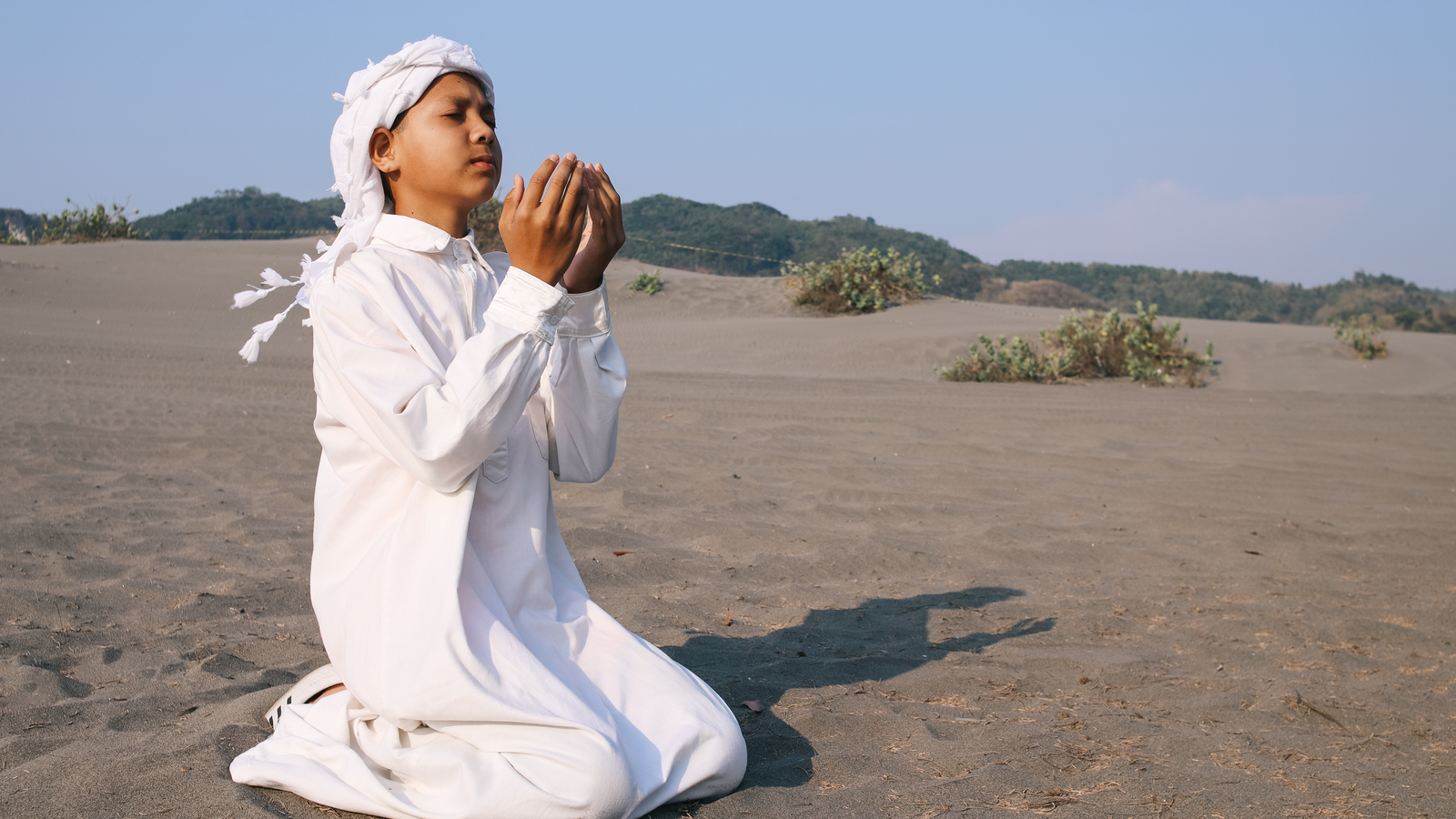Religion & Spirituality in Ethiopia: A Deep Dive into Orthodox Christianity, Islam, and Other Faiths 🌍🙏

Ethiopia, one of the oldest nations in the world, boasts a rich tapestry of religious traditions that have shaped its culture, history, and identity. The country is a unique mosaic of Ethiopian Orthodox Christianity, Islam, and indigenous faiths, coexisting for centuries. In this comprehensive guide, we explore the major religions in Ethiopia, their historical roots, practices, and influence on Ethiopian society.
1. Ethiopian Orthodox Christianity: The Ancient Faith of the Land ✝️⛪
Historical Origins
Ethiopian Orthodox Christianity is one of the oldest branches of Christianity, tracing its roots back to the 4th century AD when King Ezana of Aksum converted to the faith. According to tradition, Frumentius, a Syrian Christian, played a key role in spreading Christianity and became the first bishop of Ethiopia under the name Abune Selama.
The Ethiopian Orthodox Tewahedo Church (EOTC) is part of the Oriental Orthodox communion, distinct from Eastern Orthodoxy and Roman Catholicism. The term “Tewahedo” means “unified,” emphasizing the belief in Christ’s single divine-human nature.
Unique Beliefs and Practices
- The Ark of the Covenant: Ethiopians believe the original Ark is housed in Axum’s Church of St. Mary of Zion, guarded by a select monk.
- Fasting & Dietary Laws: Ethiopians observe over 200 fasting days per year, including every Wednesday and Friday.
- Liturgical Language: The church uses Ge’ez, an ancient Semitic language, in its liturgy.
- Timkat (Epiphany): One of Ethiopia’s most vibrant festivals, celebrating Jesus’ baptism with processions and rituals.
Influence on Ethiopian Culture
The EOTC has deeply influenced Ethiopian art, music, and literature. Religious manuscripts, frescoes, and cross designs are iconic elements of Ethiopian heritage. Monasteries like Debre Damo and Lalibela’s rock-hewn churches (a UNESCO World Heritage Site) stand as testaments to the faith’s endurance.
2. Islam in Ethiopia: A Legacy of Coexistence ☪️🕌
Early Introduction & Spread
Islam arrived in Ethiopia during the 7th century when the First Hijra (migration) took place. Prophet Muhammad’s followers sought refuge in Aksum under the rule of the Christian king Najashi (Armah), who granted them protection.
Today, Islam is the second-largest religion in Ethiopia, practiced by about 34% of the population, primarily in the eastern, southern, and western regions.
Major Islamic Traditions & Practices
- Sufi Influence: Sufi orders like the Qadiriyya and Tijaniyya have played a key role in spreading Islam peacefully.
- Islamic Festivals: Eid al-Fitr and Eid al-Adha are widely celebrated, fostering communal harmony.
- Halal Practices: Ethiopian Muslims adhere to Islamic dietary laws, avoiding pork and alcohol.
Historical & Modern Role
Cities like Harar, considered the fourth holiest city in Islam, are centers of Islamic scholarship. The Harari people have preserved unique Islamic traditions, including the Hyena Man feeding ritual, blending faith with local culture.
Despite historical tensions, Ethiopia has largely maintained peaceful Christian-Muslim relations, with interfaith marriages and shared cultural practices common.
3. Indigenous & Minority Religions in Ethiopia 🌿🔥
Traditional African Religions
Before Christianity and Islam, Ethiopians practiced indigenous faiths centered on:
- Waaqeffanna (Oromo Religion): Worship of Waaqa (Sky God) and nature spirits.
- Animist Beliefs: Some ethnic groups, like the Anuak and Nuer, maintain ancestral worship and spirit rituals.
Protestantism & Catholicism
- Protestant Christianity: Growing rapidly, especially among the Oromo and Southern communities, with Pentecostal and Evangelical churches gaining influence.
- Catholicism: Introduced by Portuguese missionaries in the 16th century, it remains a minority faith with schools and hospitals contributing to society.
Judaism (Beta Israel) ✡️
The Beta Israel (Ethiopian Jews) have a history dating back to ancient times, possibly linked to the Lost Tribes of Israel. Many migrated to Israel in the 20th century, but small communities remain in Ethiopia.
4. Religious Harmony & Challenges in Ethiopia ☮️
Coexistence & Tolerance
Ethiopia is often cited as a model of religious tolerance, where Christians and Muslims have lived side by side for centuries. Shared festivals, trade, and interfaith dialogues reinforce unity.
Modern Challenges
- Extremism & Radicalization: Some regions face tensions due to external extremist influences.
- Political Manipulation: At times, religion has been exploited for political gains, leading to conflicts.
- Urbanization & Secularism: Younger generations are increasingly secular, shifting away from traditional practices.
5. The Future of Religion in Ethiopia 🔮
Ethiopia’s religious landscape continues to evolve, with:
- Growing Evangelical movements reshaping Christian demographics.
- Increased Islamic education strengthening moderate voices.
- Preservation efforts for indigenous traditions.
As globalization advances, Ethiopia’s challenge will be maintaining its unique interfaith harmony while adapting to modern changes.
Final Thoughts: Ethiopia’s Spiritual Mosaic 🎨
Ethiopia’s religious diversity is not just a matter of faith—it’s a living heritage that defines its national identity. From the ancient chants of Orthodox priests to the call of the muezzin in Harar, Ethiopia remains a beacon of spiritual richness and coexistence.
Whether you’re exploring the rock churches of Lalibela, the mosques of Harar, or the indigenous rituals of the Oromo, Ethiopia offers a profound journey into faith, history, and culture.
Key Takeaways 📌
✅ Ethiopian Orthodox Christianity is one of the oldest Christian traditions.
✅ Islam in Ethiopia has a legacy of peaceful coexistence.
✅ Indigenous faiths and minority religions add to Ethiopia’s spiritual diversity.
✅ Religious tolerance is a cornerstone of Ethiopian society.
By understanding Ethiopia’s religious landscape, we gain insight into a nation where faith is not just belief—it’s a way of life. 🙏✨
Discover more from SuqMall
Subscribe to get the latest posts sent to your email.
